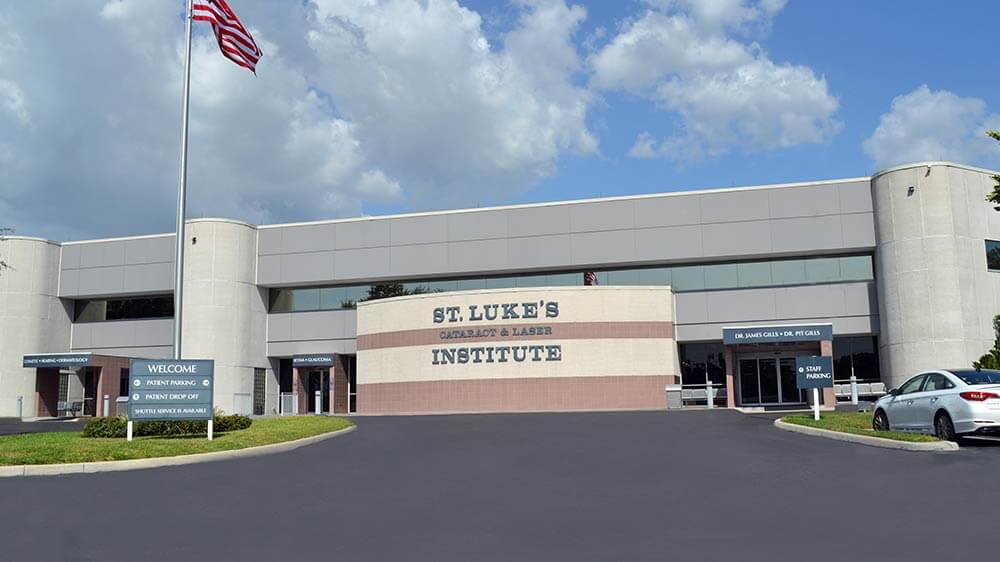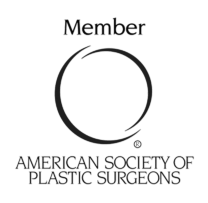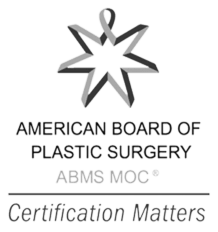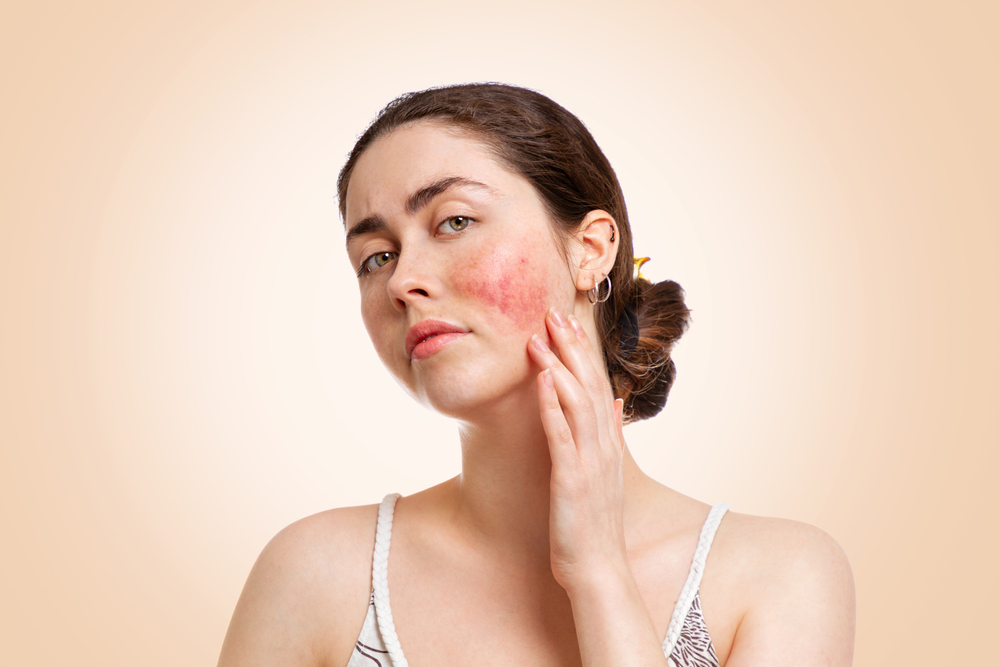
Is your face red, itchy, or often flushed? These can be signs of a common but uncomfortable skin condition called rosacea.
Although rosacea isn’t considered a serious condition, it can affect your appearance and self-confidence. It can also cause minor irritations, making your face more aggravated than usual.
Rosacea is also sometimes associated with certain eye conditions. You may be concerned that you have rosacea if your skin is frequently flushed.
But the only way to know if you have rosacea is to be diagnosed by a medical professional. Do you think you could have rosacea? Keep reading to learn more about the skin condition and how to know if you could have it.
What is Rosacea?

Rosacea is an inflammatory skin condition. It usually causes a rash on the face, concentrated on the nose and cheeks.
There are several reasons you may have a rash on your face. Many things that could cause inflammation or a rash on your face are usually temporary.
However, rosacea is a chronic condition, meaning it won’t go away, and you have to learn how to manage it. Although it is chronic, rosacea is usually mild most of the time.
When it’s not mild, there are periods of more pronounced inflammation. These periods are called flare-ups, and various outside factors may trigger them.
What are the Symptoms of Rosacea?
If you have rosacea, there are several symptoms associated with it. These include:
- Redness on the face
- Thickening skin, especially on the nose
- Rash
- Visible blood vessels
- Eye irritation, including redness, itching, watering, and general eye pain
These symptoms worsen and become more uncomfortable if you’re experiencing a rosacea flare-up. If you experience these symptoms and have periods where they’re worse and then other periods where your skin calms down, it could indicate that you have rosacea.
You should see a doctor and preferably a dermatologist for proper diagnosis, especially if you’re at high risk for rosacea.
Risk Factors for Rosacea
You should be aware of your risk for rosacea. You are more likely to develop the condition if you are
- Middle-aged or older
- A woman
- Fair-skinned
However, you can still develop rosacea if you don’t meet the above risk factors, like if you’re younger, male, or have darker skin. Rosacea may also be underdiagnosed in people with darker skin as the skin condition may be harder to see.
It may also be mistaken for another skin condition, like an allergic reaction or seborrheic dermatitis. But your risk of developing rosacea significantly increases if you’re very light-skinned.
The symptoms are also much more apparent in people with paler and fair skin.
Diagnosing Rosacea
There’s no official way to test for rosacea. However, you still need to see a dermatologist to be diagnosed with the skin condition.
They can diagnose you with rosacea by examining your skin, asking about your symptoms, and ruling out other possible conditions. If you have all the signs of rosacea and your dermatologist cannot determine other potential causes for your rash or skin irritation, they will likely diagnose you with rosacea.
From there, they can recommend treatment to help you feel better and improve your skin’s appearance.
Rosacea Treatment
There is currently no cure for rosacea. However, you can improve the symptoms associated with the skin condition to lessen its impact and make your face feel better.
Treatment can help you physically and mentally by giving you a more even complexion and reducing apparent signs of redness. There are a variety of different potential treatments for rosacea, including:
Recognize Your Triggers
One way to reduce the severity of your rosacea symptoms is to determine what triggers your flare-ups so you can avoid those things in the future. Common triggers for rosacea flare-ups are sun exposure, stress, hot showers or baths, hot weather, very cold weather, windy weather, or eating spicy foods or hot drinks.
It may not be possible to avoid your triggers all of the time, but being aware of them can help you manage your symptoms and make other treatments more effective.
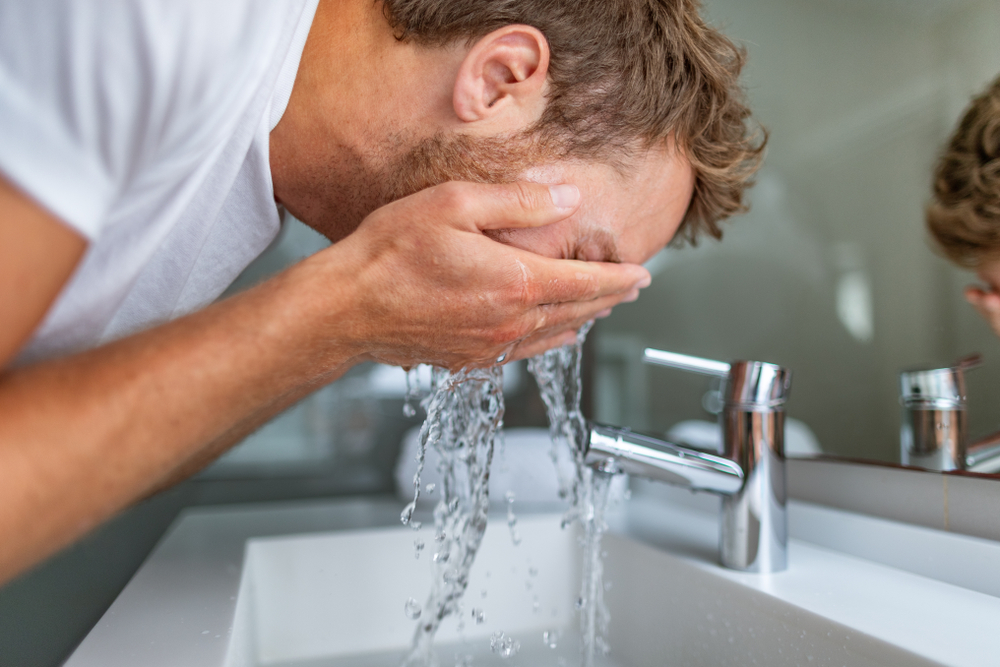
Skincare
Another way to keep your rosacea symptoms under control is by utilizing a good skincare routine. Use facial cleansing products for sensitive skin, and be sure to moisturize. You should also always wear sunscreen, especially on your face.
Medication
A dermatologist can often prescribe medicated creams and topical agents for your rosacea. Some medications reduce bacterial inflammation and can shrink your blood vessels, which are often more noticeable if you have rosacea.
There are also some medications that treat rosacea symptoms that you can take orally.
Laser Therapies
Several non-invasive laser treatments can significantly reduce redness and other rosacea symptoms. We offer two of these treatments at Reflections at St. Luke’s, including:
Forever Young BBL
The Forever Young Broadband Light, or BBL, uses pulsed light to treat damaged skin and stimulate new cell growth. It can improve your overall complexion and treat sun spots, pronounced veins, burns, and age spots.
If you have rosacea, this treatment can help reduce the appearance of rosacea while stimulating new cell growth for younger, rejuvenated skin.
IPL PhotoFacial
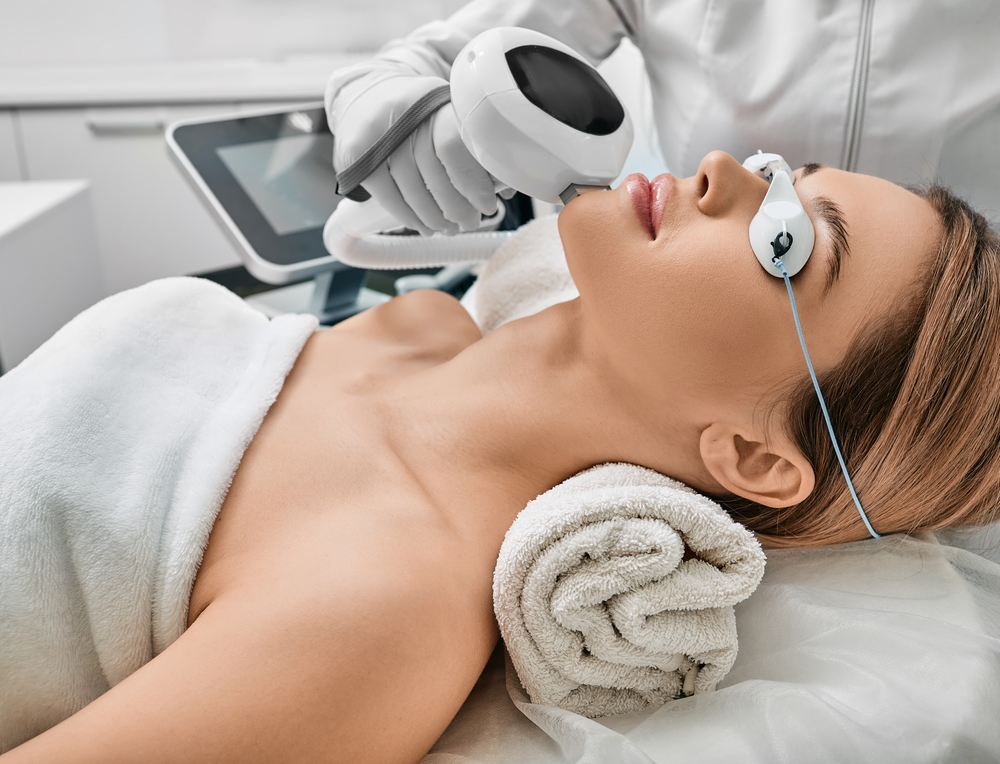
As the name suggests, an Intense Pulsed Light (IPL) facial also uses pulsed light. The laser treats areas of pigmentation and also stimulates healing.
This treatment treats sun damage, making it ideal for patients who experience flare-ups from too much sun exposure and patients with significant UV damage to the skin. IPL can help rosacea because it improves the appearance of uneven skin pigmentation using the body’s natural healing response.
If you have rosacea and want an effective way to improve your symptoms and facial appearance, consider a laser treatment to improve how you look and feel. Schedule your consultation today with Dr. Villanustre at Reflections at St. Luke’s in Clearwater, FL! Why let rosacea get the best of you?



